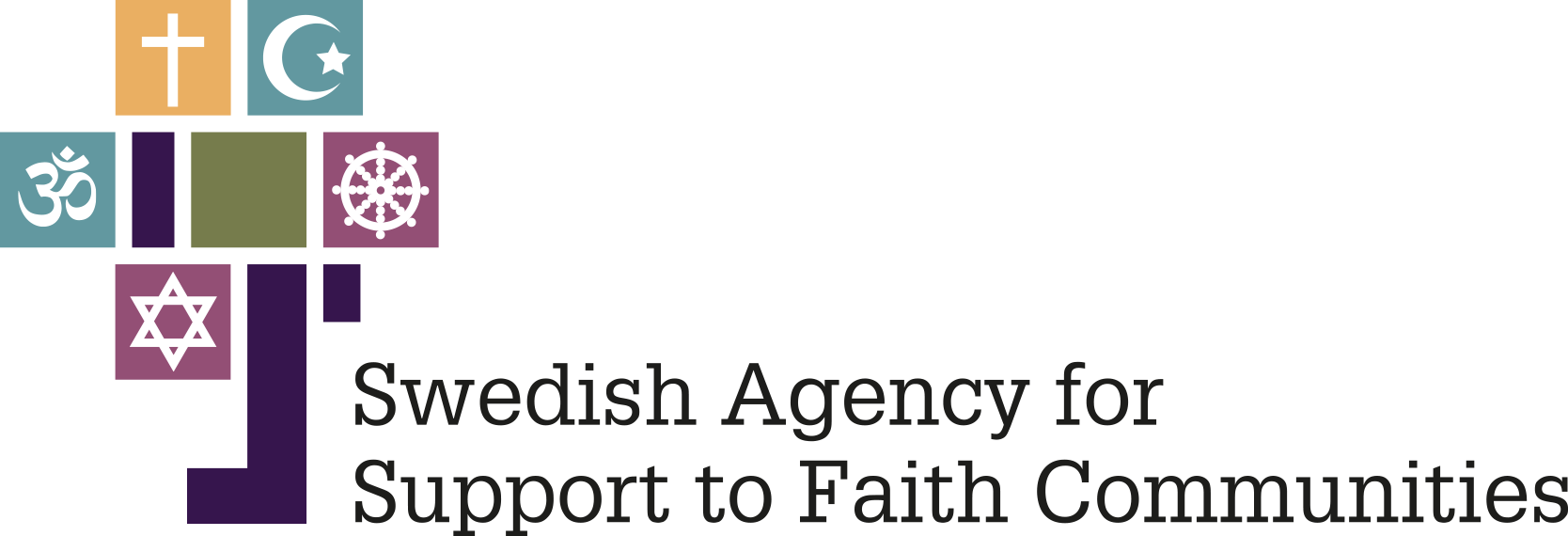BASIC INFO: RELIGION IN SWEDEN
The role that religion plays in a society varies widely throughout the world. In some countries, there is a single dominant religion, whilst in others many religions may coexist, side by side. In some countries, a person’s religious identity determines everything: work life, social standing, and where you live. In others, religion and religious communities play a minor role in peoples’ lives.
For many hundreds of years, Sweden was a country completely dominated by a single religion - Lutheran Christianity - and a single religious denomination, the Church of Sweden. In those days, anyone living in Sweden was designated by law as a member of the Church of Sweden. Furthermore, the Church of Sweden was also part of the Swedish state. There were minority groups of Jews, Roma, Sami and Catholics who followed another faith - but they were the exceptions to the rule.
Changes came in the 19th century
An increased presence of these minorities, ideas developed during the Enlightenment, and the Free Church movement (which started in the mid-1800s) drove the quest for religious freedom. Yet it was not until the beginning of the 20th century that religious freedom really found a place in Swedish society. Since 1952, the right to belong to any religious denomination one chooses, or to not to belong to any denomination at all, has been specifically protected under Swedish law.
Increasingly secular society
During the 20th century, two major trends developed with regard to Swedish religious life: On the one hand, Sweden became an increasingly secular society. This meant that the Swedish state took over many of the duties that had previously been the responsibility of the church, such as healthcare, child care, and education. Since 2000, the Swedish Church is no longer a part of the Swedish state; instead, it operates on the same terms as all the other religious communities in the country. The Swedish state cannot be said to ascribe to any particular religion.
More religious diversity
The other development is that groups of people from many different religious traditions have continued to move to Sweden. These include, amongst others, Catholics, Jews, Orthodox Christians, Sunni and Shi’ite Muslims, Buddhists, and Hindus. Sweden is becoming an increasingly multi-religious society. In international comparative studies, Sweden is now mentioned as an example of a society where for many people religion does not play a large role in daily life. This is partly true. However, it is also important to remember that many people are very engaged in religious life, and there are lots of active religious communities in Sweden. The majority of Sweden’s population of over 7 million inhabitants are members or registered participants of a religious community.
Read more: 10 fundamentals of religion in Sweden External link, opens in new window.
External link, opens in new window.
(Article from The Swedish Institutes website www.sweden.se)



